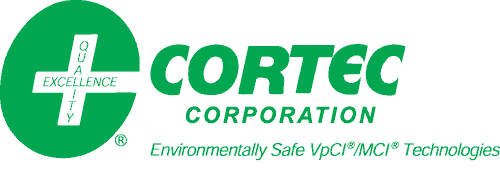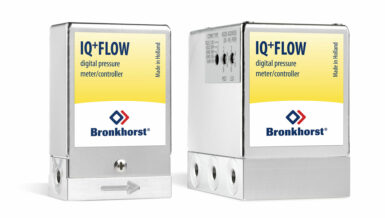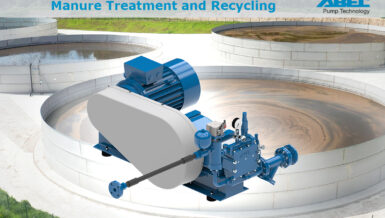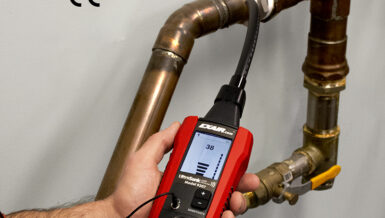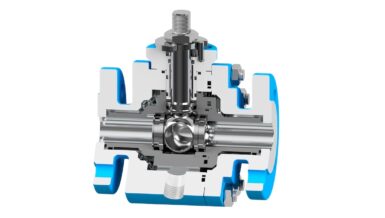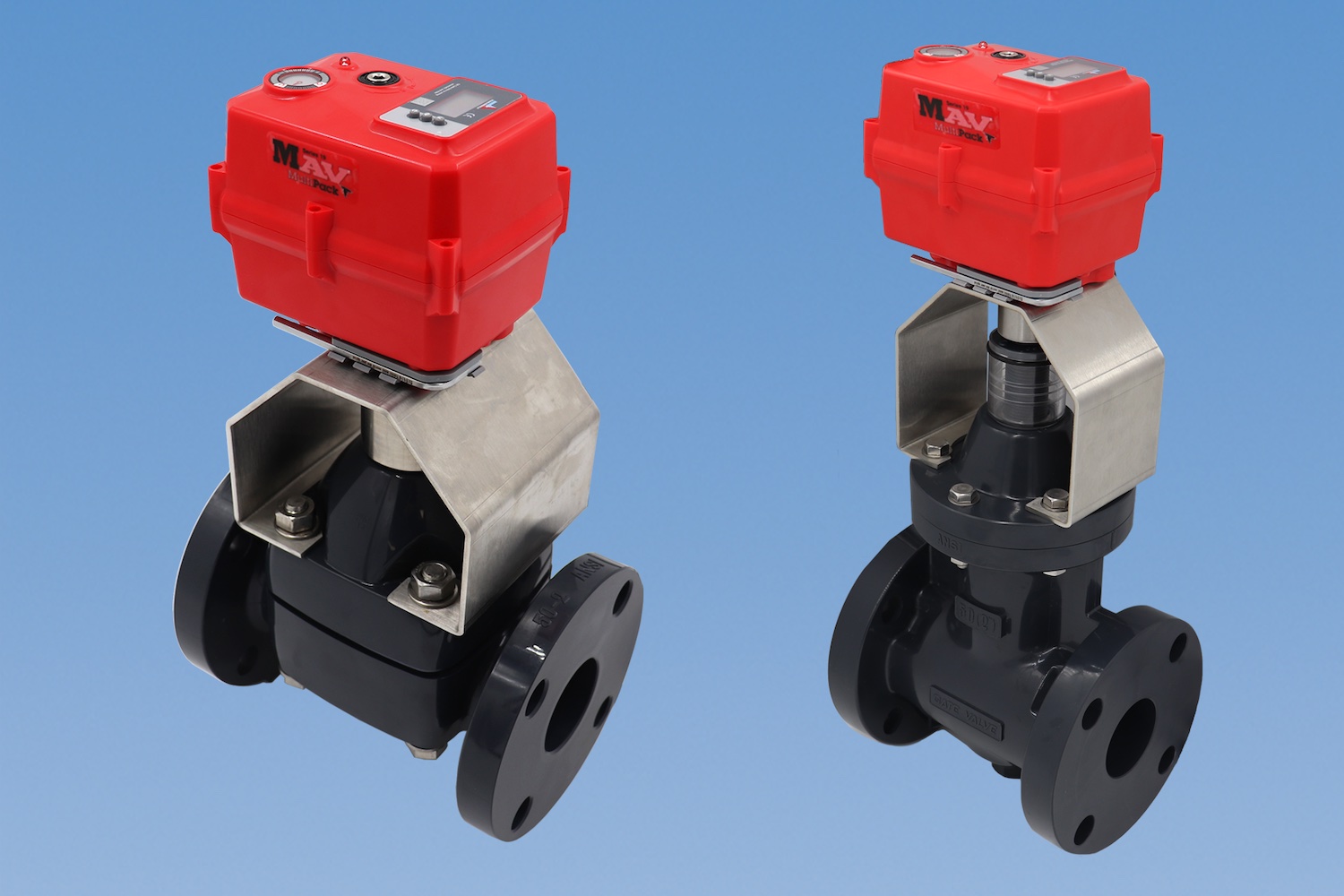While sandblasting, water blasting, and grinding are commonly used for rust removal, these techniques can be cost-prohibitive, labor-intensive, or limited by location. When this is the case, Cortec® biobased rust removers offer an exciting alternative to sandblasting and other forms of mechanical rust removal to restore critical equipment and components to usable condition.
Cortec® Rust Removers
Cortec® rust removers VpCI®-422 and VpCI®-423 are relatively easy to use and are safer than many other rust removal chemicals on the market due to their lower acidity and their large percentage of ingredients commonly used in the food industry. Both products contain 91% USDA certified biobased content and are NSF registered as A3 acid cleaners in the NSF Nonfood Compounds Registration Program. VpCI®-422 is a liquid product ideal for use in dip tanks. VpCI®-423 is a gel version for use on vertical surfaces or other areas where the rust remover needs to cling. These products remove a significant amount of rust in a half hour. However, if faster rust removal action is desired and users are willing to forego the use of a biobased product, they can opt for VpCI®-426 (also available in liquid or gel versions). All three formulas can be used to remove oxides from iron, steel, and yellow metals.
How to Remove Rust
VpCI®-422 is great for dip bath applications and can be used in everything from pails to large tanks, depending on the size needed to fit the rusty component. After being immersed in VpCI®-422 for a half hour or more (depending on the degree of rust), the part should be removed, wiped off, and rinsed in a VpCI®-410 Series alkaline cleaner to neutralize the acid and prevent flash rust. Parts that cannot be placed in a dip bath should be brushed with VpCI®-423 and left to sit for 20-30 minutes, wiped clean, and rinsed with a VpCI®-410 Series cleaner. The process can be repeated as necessary for heavier rust.
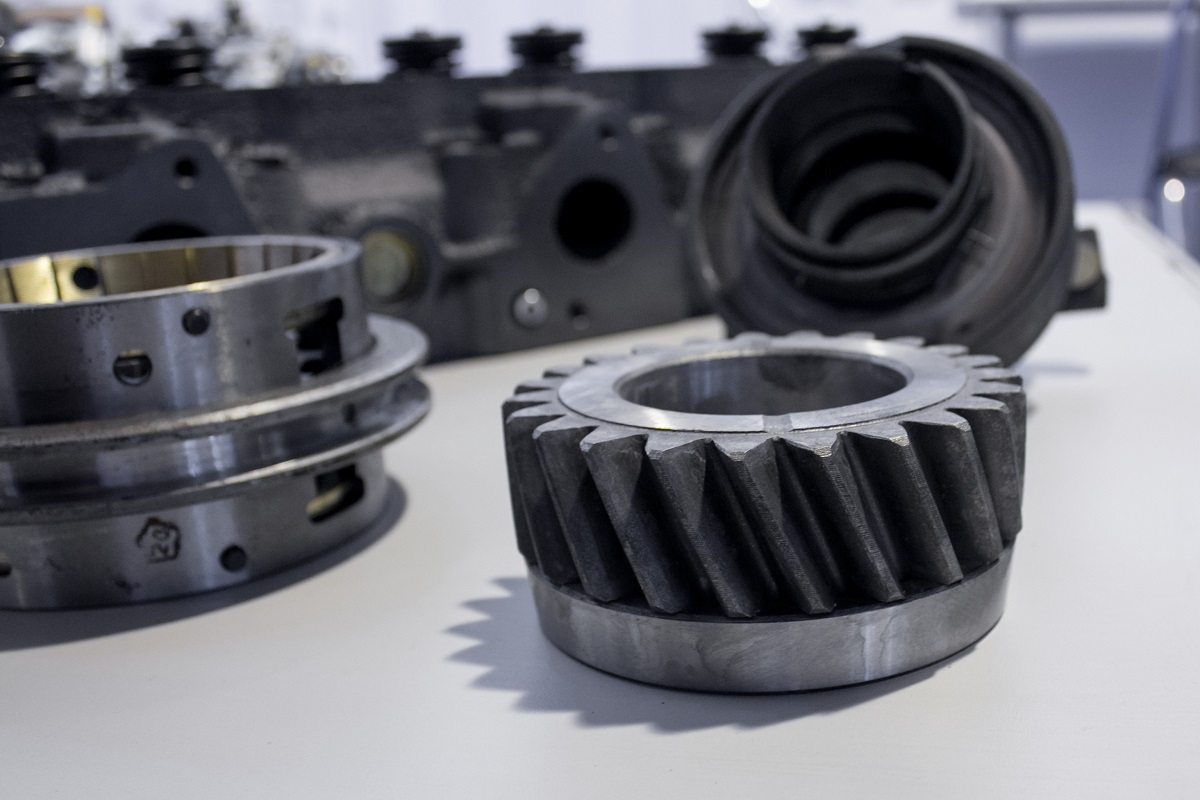

Examples of Rust Removal
The possibilities for rust removal with Cortec® biobased rust removers are endless. Examples of past use include rust/oxide removal from the following:
- Pipes lying in a yard
- Gears
- Small parts for warehousing
- Valve bonnets
- LNG vessel dummy shafts and shaft bearing
- Propellers
- Ancient Greek bronze statue found at sea
The list goes on for where and how Cortec® VpCI® rust removers can be used.
Exciting Possibilities for End Users
With so many options for use, Cortec® rust removers also present exciting possibilities for different categories of end users. First of all, individuals can use VpCI®-422 and VpCI®-423 to remove rust on their own metal equipment or parts. VpCI®-422 and VpCI®-423 are great to have on hand for everyday maintenance or for touchup of flash rust on the production line. Secondly, they are great tools for companies that provide maintenance or layup services for others. Rust removal is an important step in preservation to ensure that critical spares inventory is clean and ready to install immediately when needed. Cortec® rust removers are often used for similar purposes. Finally, Cortec® rust removers can be used by those who want to provide dedicated rust removal services as an alternative to sandblasting. This can be a highly valued procedure for industries with large assets in need of restoration that they do not have the time or resources to perform.
A Rusty World Awaits – Go Restore It!
Rusty components are everywhere, just waiting to be restored. With Cortec® biobased rust removers, anyone can give these small to large assets a new lease on life, without having to perform sandblasting or abrasive grinding. The rusty world awaits—go clean it up with Cortec® rust removers!




